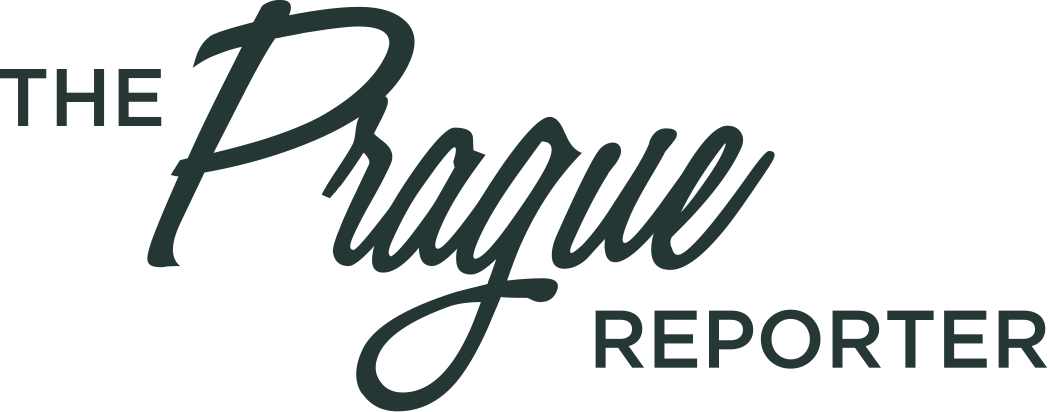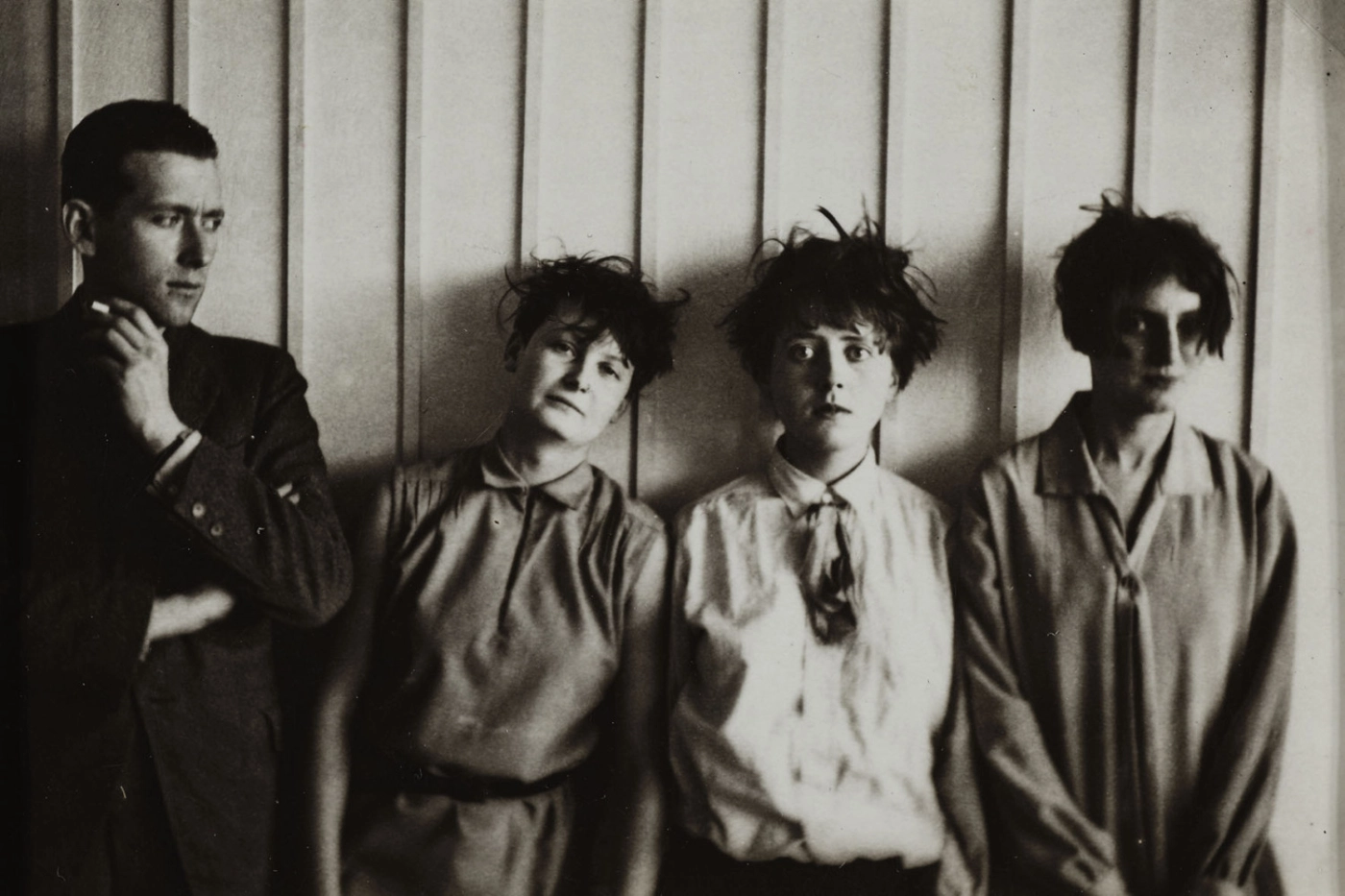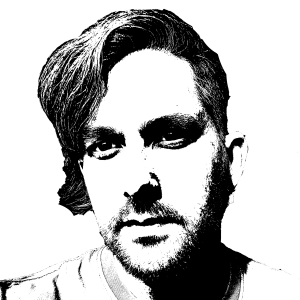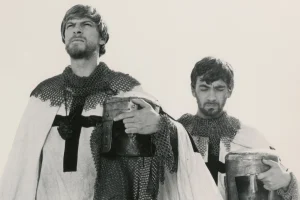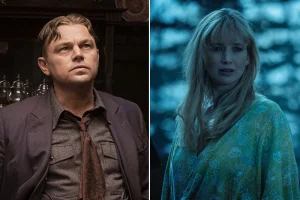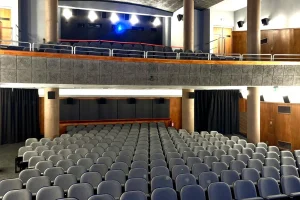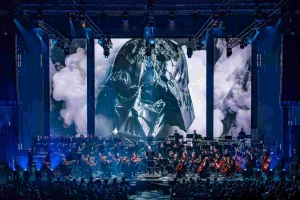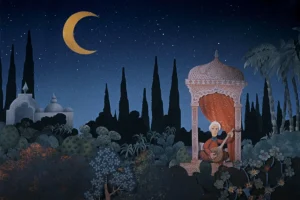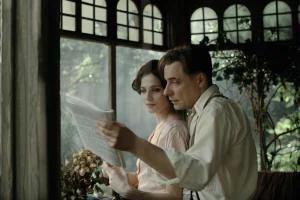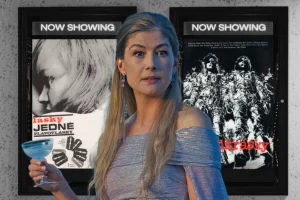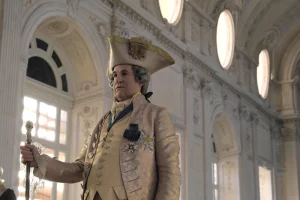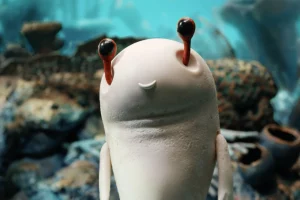The 14th edition of the Film and Architecture Festival will unfold from Oct. 1–6, 2025, with screenings in Prague and 16 other Czech cities. Dedicated to architecture, design, and urbanism, the festival explores the often-overlooked stories of women architects, neglected buildings, and bold visions of the future. In Prague, screenings will take place at Kino Světozor, Edison Filmhub, and other venues.
Organizers promise a program that blends intimate portraits, experimental documentaries, and debates about sustainability and social change. Festival curator Václav Ševčík said the selection aims to spark dialogue about how architecture responds to today’s ecological and technological challenges.
“We regularly try to draw attention to social, ecological, and technological questions that architecture must face,” Ševčík noted. The event is the only international festival in the Czech Republic devoted exclusively to film about architecture and the creation of cities, presenting dozens of premieres and international titles.
Female architects and hidden histories
This year’s program shines a spotlight on female architects and designers who had to fight for recognition in a male-dominated field. The festival opens with the German documentary Women of the Bauhaus (pictured at top), directed by Susanne Radelhof, which uncovers the overlooked contributions of women at the influential design school. The film will be introduced in Prague by Radelhof herself.
Other highlights include Ada – My Mother the Architect, an intimate portrait by filmmaker Yael Karmi of her mother, Israeli architect Ada Karmi-Melamede, known for her iconic public buildings and personal struggle to balance career and family life. Czech architect Helena Jiskrová will be featured in Jiskrovka, a film tracing her post-emigration career in the Netherlands, presented by directors Barbora Šimonová and Markéta Mráčková alongside Jiskrová in Prague.
The Sri Lankan pioneer of tropical modernism Minnette De Silva is profiled in Is This an Architectural Documentary?, while Rabble Rousers: Frances Goldin and the Fight for Cooper Square follows a New York activist’s decades-long fight to protect her neighborhood from redevelopment.
The Overlooked section continues the theme by revisiting the work of architects and designers whose legacies remain in the shadows. Spanish architect Enric Miralles is honored in Miralles, presented by director Maria Mauti in Prague and Brno. Dutch designer Gerrit Rietveld’s collaboration with Truus Schröder-Schräder on a UNESCO-listed 1924 house is explored in a new documentary, while Power in Our Hands examines Amsterdam’s artist-led Tetterode residency four decades after its creation.
Building the future through film
Looking forward, the festival examines how architecture can adapt to pressing environmental and social demands. The What Next? section investigates new approaches to urban life, from floating cities to circular economies. We Start with the Things We Find profiles the pioneering studio LOT-EK, known for transforming shipping containers into homes and cultural spaces; architects Ada Tolla and Giuseppe Lignano will attend the Prague screening.
Beyond Eternity explores architecture’s role in addressing climate change and resource scarcity, while Is Our Future on Water? envisions innovative floating settlements as a response to rising sea levels.
The festival’s Inspiration section, curated by Uruguayan filmmaker Mercedes Sader, offers visually striking essays on Latin American architecture. Screenings include The Ariston, about a modernist hotel designed by Marcel Breuer, and Unforgettable Montevideo, which examines how urban change threatens historic preservation.
Alongside these international features, a block of Czech student and independent shorts titled Domov bez zdí (Home Without Walls) presents personal meditations on space, memory, and identity. Among them is Raumschiff Enterprise, a poetic portrait of the Czech Embassy in Berlin by Greta Stocklassa, a recent Czech Lion award winner.
Other festival highlights include the surrealist comedy Universal Language, which unfolds an absurd urban odyssey in brutalist settings and recently made the Oscar shortlist, and Vtáčnik, a Slovak film capturing the transformation of a Bratislava hill threatened by development.
Screenings for the Film and Architecture Festival will take place in cities including Brno, Ostrava, Olomouc, Pardubice, and Zlín, with many accompanied by filmmaker discussions and expert panels. The festival coincides with Den architektury (Architecture Day), a nationwide series of walks, talks, and workshops from Oct. 2–7 that shares this year’s focus on women’s perspectives in architecture.
More information, including the full program, is available at www.filmarchitektura.cz.
